|
As part of the Fulbright Distinguished Award in Teaching program, a faculty advisor from my host university, the University of Strathclyde, was selected to serve as my main point of contact, provide feedback and guidance throughout my Fulbright tenure, and connect me with people and resources who can help me with my Inquiry Project. Paul Wickham, Music Teaching Fellow at Strathclyde, has been that mentor and good friend to me! Paul was a secondary music teacher on secondment, which means he had been released from his secondary school teaching duties for two years to teach music courses for Strathclydeʼs music education teacher program. This arrangement allows school teachers to bring practical experience and application to college courses, while giving time for them to engage in scholarly work before returning to their school assignment. Through this arrangement, both institutions and their students can benefit. Paul has been such an asset to the University of Strathclyde and beloved by his university students that he was offered a full-time position at the University, which began shortly before this April. I have had the honor of participating in his Professional Graduate Degree in Education (PGDE) courses in music and have witnessed the support he provides his students, the rapport he has established with them, the varied, well-organized and practical music approaches he provides and his incredible sense of humor! In particular, I would like to share his presentation on Creativity as part of the national curriculum for Scottish schools, the Curriculum for Excellence. The resources that he provided as part of his presentation opened a wealth of documents and tools that I can use in my classroom back in Juneau, Alaska. I know I have just touched the surface on all that the Scottish government has produced to support Creativity in all aspects of a childʼs education, but will highlight some here. The Education of Scotland has defined " Creativity is a process which generates ideas that have value to the individual. It involves looking at familiar things with a fresh eye, examining problems with an open mind, making connections, learning from mistakes and using imagination to explore new possibilities" (p. 3). In particular, educators are tasked to develop these creativity skills throughout all areas of the curriculum:
Education Scotland draws a clear distinction between creativity skills, creative process, creative learning and creative teaching, which is an indicator of how highly creativity is valued by the Scottish government. These definitions, along with a wealth of other information related to creativity in the Scottish education system, can be found in the document below: Creativity Across Learning 3- 18. Just click on the image to access the document. According to Ruth Wishart, Chair of the Creative Learning Plan Strategic Group, "The ambitious aim is to allow our young people to be the best they can be in a new curricular environment where innovation is cherished, change is embraced and we celebrate the fact that every child is a creative child" ~ (Creative Scotland p. 7). Creative Learners will be:
Education Scotland has published many other tools and resources to help all individuals support the development of creativity in schools and society. For example, they have created an "Everything is Creative" infographic maker as an online digital tool for creating high quality creativity and improvement infographics, memes and posters, as well as published infographics to explain why creativity is integral to Curriculum for Excellence and improves outcomes for all learners. Here are two examples: Education Scotland created a Creativity Portal, which houses creative online teaching tools, CPD resources, inspiration and examples of best teaching practices. Education Scotland also produced The Creativity Toybox, which contains 27 short videos and related activities that can be used to develop creative thinking skills in the classroom or community setting. Here is the introductory video: Even though there are no CfE Benchmarks for creativity skills, Education Scotland references the City of Edinburgh’s 3-18 Creativity Skills Progression Framework to help inform educatorsʼ understanding and context of creativity skills as students progress through the grades. You can download this 2-page document at the bottom of the page found on this link where Education Scotland provides a host of resources to support educators in their planning for and evaluating creativity. Hereʼs the first page to give you an understanding of the commitment city councils have made to developing creativity and recognizing it as an important skill to address the challenges of globalization where Scotlandʼs economy must be based on creativity and constant innovation to be able to compete internationally. The last resource, Education Creativity and Learning: what is the connection?, is a research document and thought piece by Paul Collard, Chief Executive of Creativity, Culture. Collard highlights distinctions between characteristic features of the "high functioning classroom" vs. the "low functioning classroom" and explains how schools involved in the Creative Partnerships program in England "showed that a student educated in a context in which they are an essential learning resource, and where mobility, emotion, team working and risk are central to the learning experience, is a student who is ‘high functioning’" (p. 4). Collard also stated that being a high-functioning child leads to resilience, confidence, sense of competency, autonomy and relatedness - all which underpin successful learning. I plan to keep this diagram by my school desk back in Juneau to ensure that I embed these characteristics in my lesson planning. And finally, I would like to thank the PGDE Music Education cohort of 2019 and Paul Wickham for welcoming me into their community this year. I learned so much by taking classes alongside you and visiting you as part of your student teaching practicum. I wish you all the best of luck in your new music teaching positions next year. Your future students are fortunate to have you!
2 Comments
Paul Wickham
7/16/2019 11:05:25 am
It has been a pleasure to host you Lorrie. I have thoroughly enjoyed our discussions around education, creativity and teaching approaches. Having you in my classes and with me during placement visits was wonderful and your contributions enriched our student experience through your wide knowledge and expertise!
Reply
12/21/2019 02:23:40 pm
Being creative is a gift that no one can take away from you. Once you start being able to create things from your mind, then you will be someone truly great. I know that there are lots of people who doubt those who are creative, and that is a small part to pay for it. I want to be someone who can cement my name in history. I think that I am creative enough to do it, or at least that is what I think.
Reply
Leave a Reply. |
Lorrie HeagyThis is a personal blog, sharing my experiences living in the UK from January - June 2019 as a Fulbright Distinguished Award in Teaching scholar. This blog is not an official site of the Fulbright Program or the U.S. Department of State. The views expressed on this site are entirely my own and do not represent the views of the Fulbright Program, the U.S. Department of State, or any of its partner organizations. Archives
July 2019
Categories
|
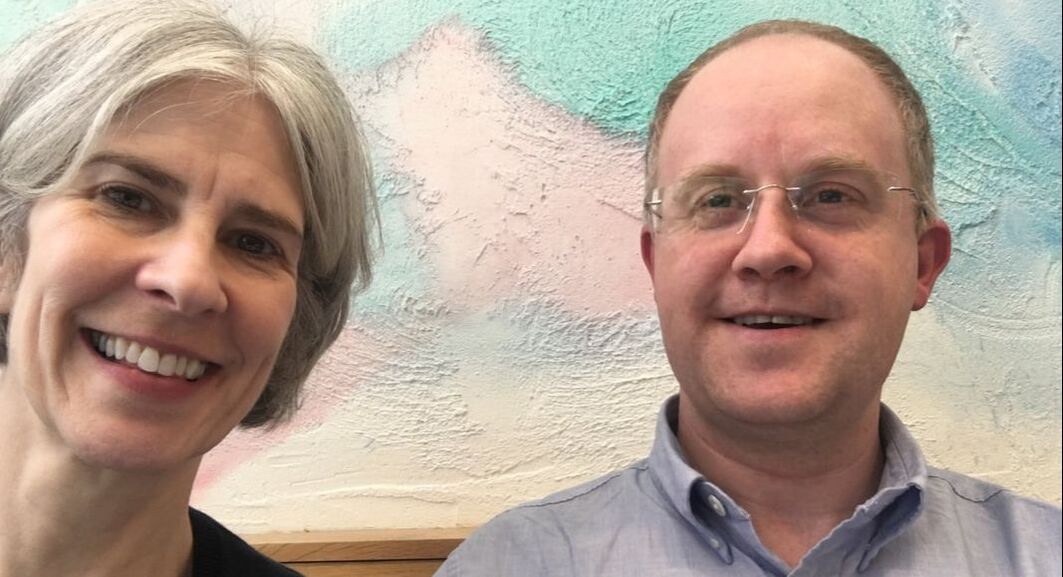
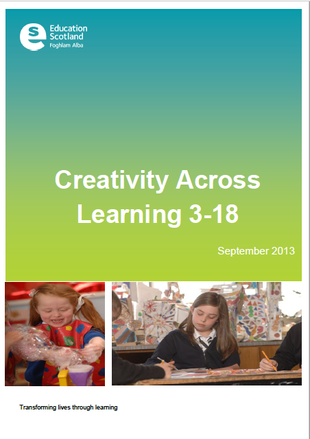
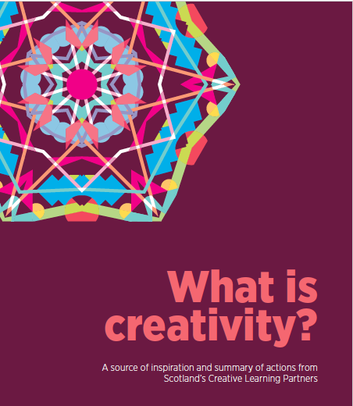
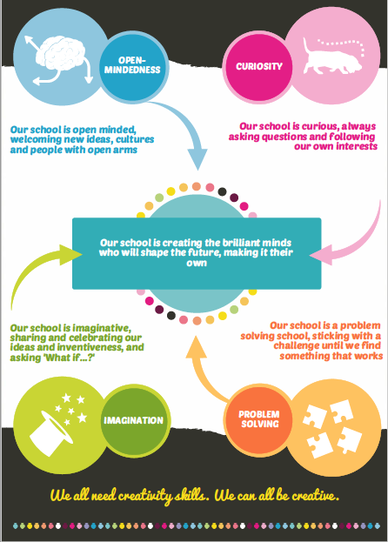
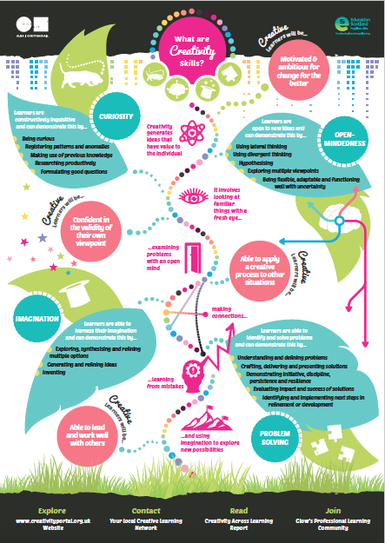
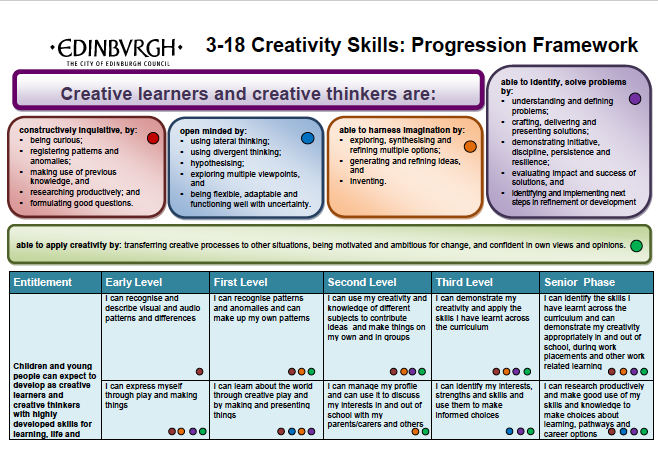
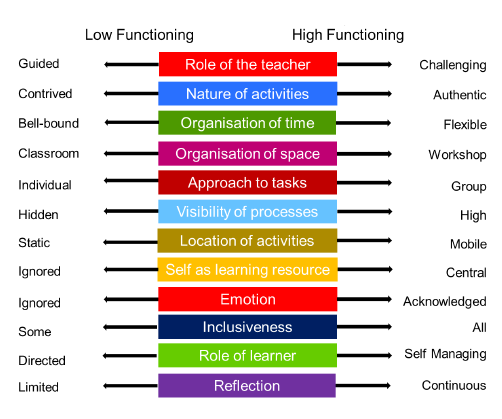
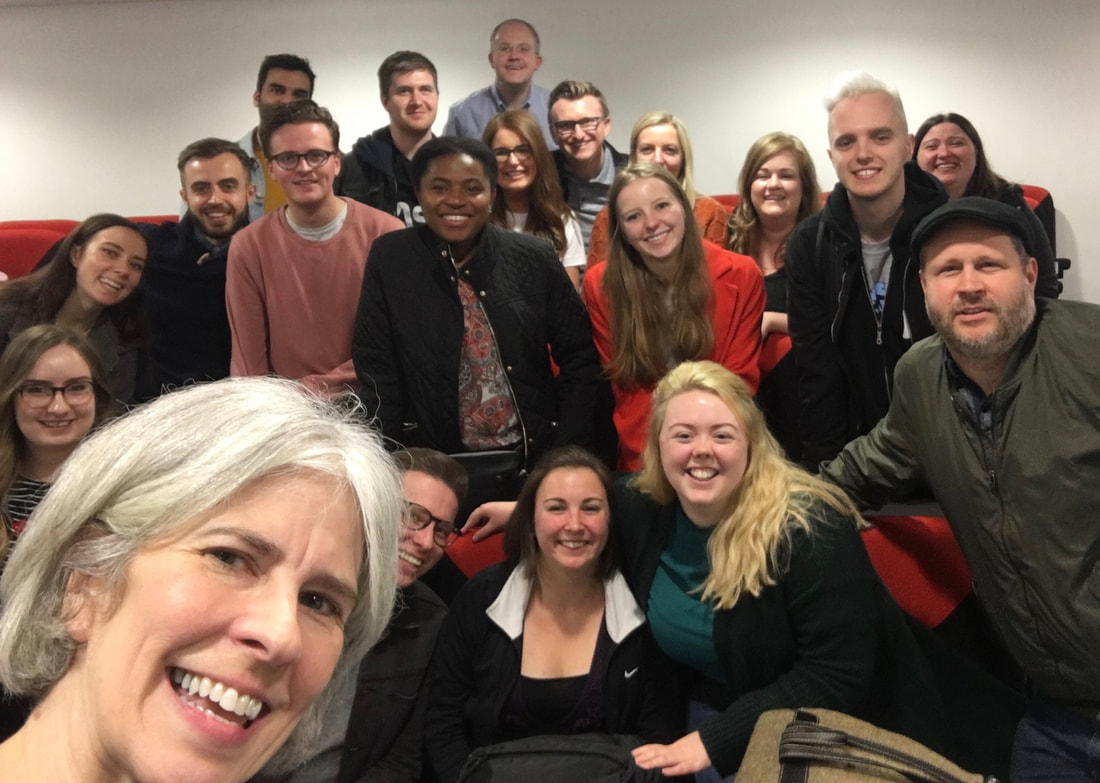
 RSS Feed
RSS Feed
